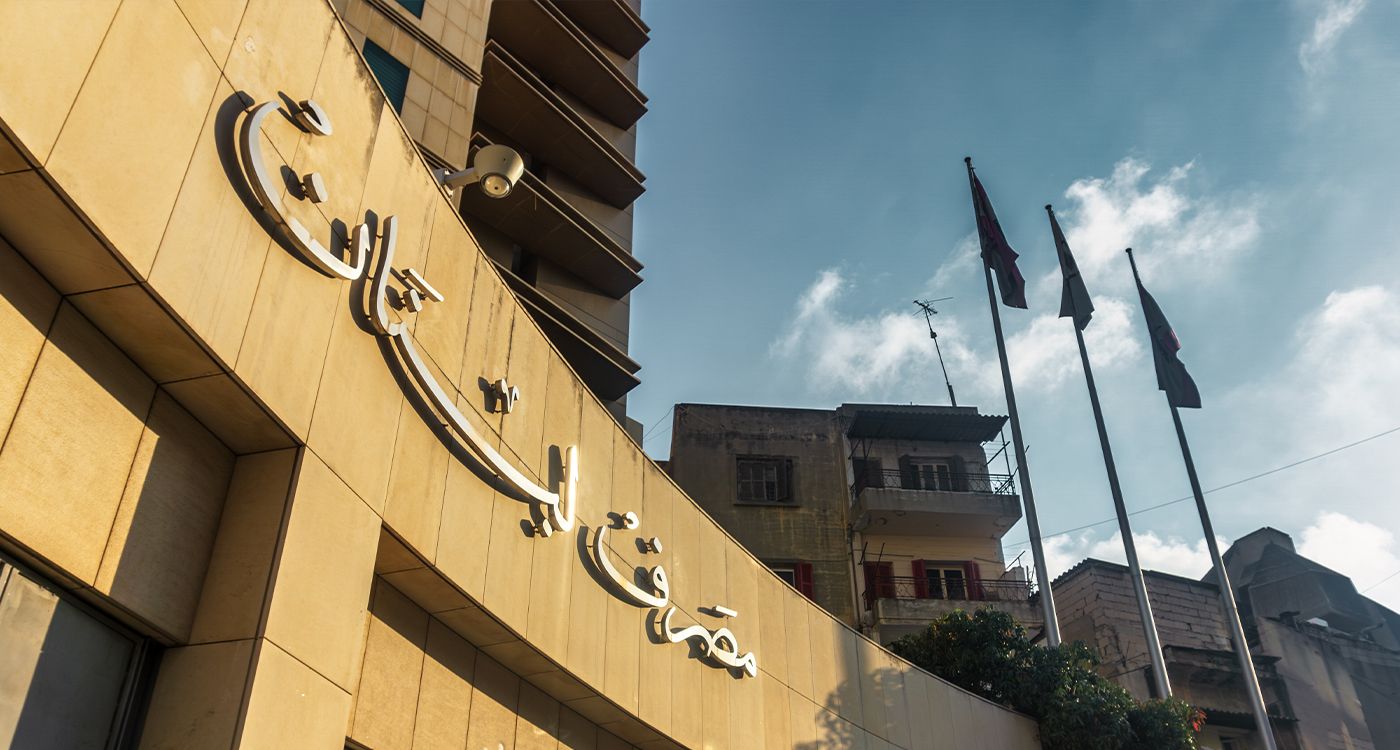
One of the biggest questions since the outbreak of the crisis in the fall of 2019 concerns the issue of determining responsibility for the losses that led to the default on payments, the suspension of external debt servicing and the freeze on deposits.
In reality, the way one views the Lebanese economy is the main driver behind the different perspectives. Some see it through a liberal lens, while others approach it from a background closer to communism, viewing public ownership as fundamental and treating the state as the property of everyone – thus, any assumption of responsibility would fall back on the taxpayers.
As a general principle, responsibility should be shared between private banks, the central bank and the state, based on the idea that each has a specific role in the crisis. However, at its core, the facts confirm that the state is neither innocent nor a victim in this case, contrary to what some portray in order to justify fierce attacks on the banks and to oppose liberal ideas like privatization and the establishment of a sovereign wealth fund to manage state assets.
Those who argue that the state is above all seem to forget that successive governments bear no small part of the blame. The Lebanese pound has not been truly worth 1,500 to the dollar since 2001, yet it remained pegged at that rate for 18 years, maintained through a policy of fixed exchange rates, despite the series of political and economic crises, wars and assassinations that should have caused the currency to collapse or at least decline.
The amount of money injected into the markets was not small – it equaled about a third of the losses incurred to maintain stability. And the decision to do this was not made by private banks or the central bank, but by political authorities, with no president or prime minister wanting the lira to collapse during their term.
As for the electricity sector, the story is long, but half of the money spent was on electricity that never reached households. Then there is the issue of smuggling, with the state – both politically and in terms of security – taking no serious actions to curb it, even as subsidies ended up fueling large-scale, unaccounted-for smuggling operations, worsened by Hezbollah’s military dominance.
In this case, the state took no measures, did not cut subsidies, and drained the public treasury, even though the amounts spent could have been enough to return the funds of small depositors (those with less than $100,000). Yet this same state – which some refuse to hold accountable – acted in a purely populist manner, doing nothing to stop the bleeding, while opting instead for measures that served electoral interests and sold illusions to the public.
This very state is seen by the “new communists” as infallible. This is the same state that borrowed – indeed begged for loans – from the central bank and private banks, then decided to default on payments without any negotiations. It is the same state that some illusion-sellers seek to remove from the equation, leading inevitably to the bankruptcy of banks and the erasure of deposits.
And this same state continues to waste millions on poorly studied salary scale adjustments, on decaying administrations, and on resources it does not know how to manage. In the end, these people want to reward the failing student and punish the teacher who did everything expected of him – yet the student failed because he did not study enough. This equation reflects just how well these individuals understand the economy.



Comments